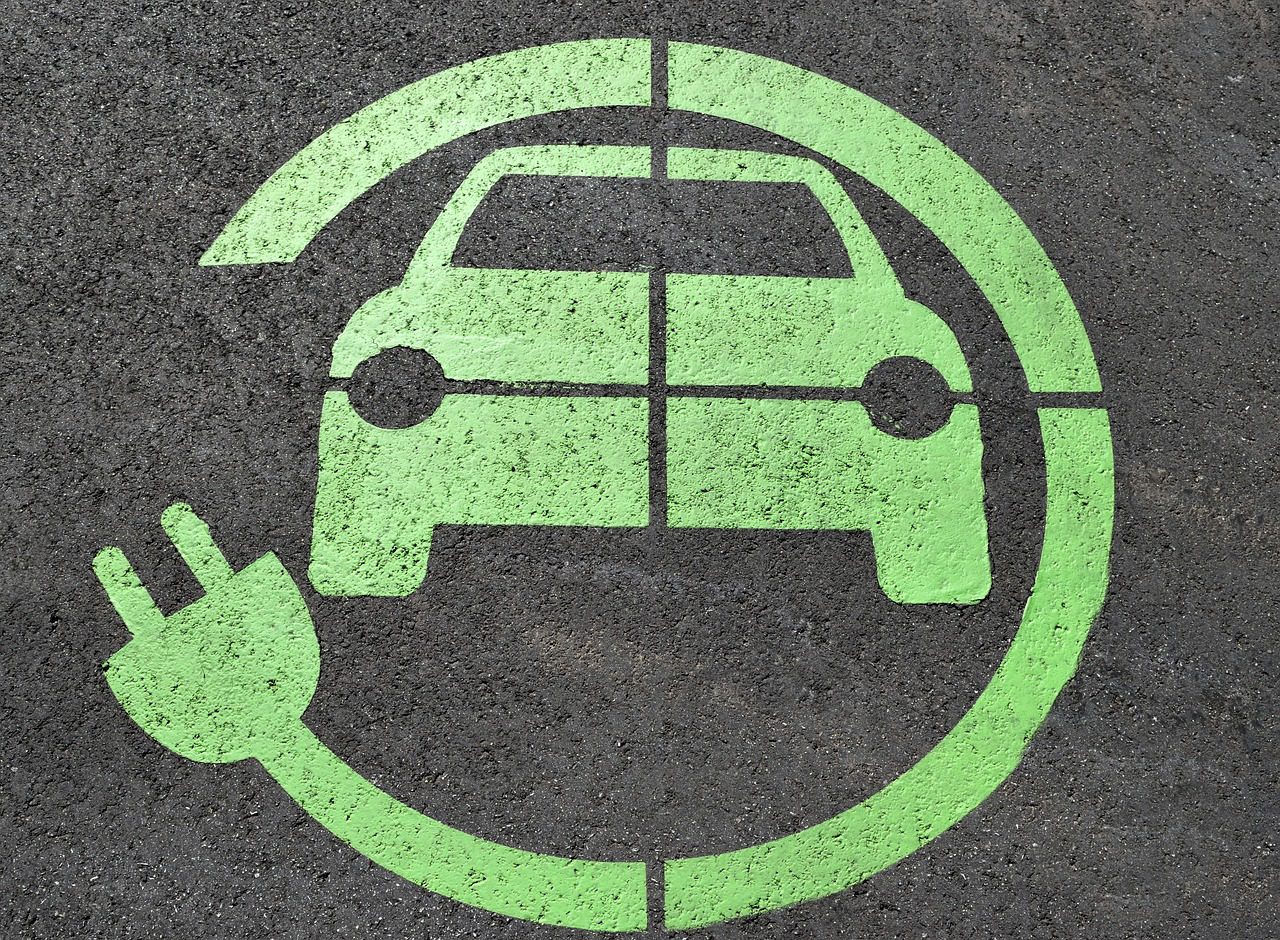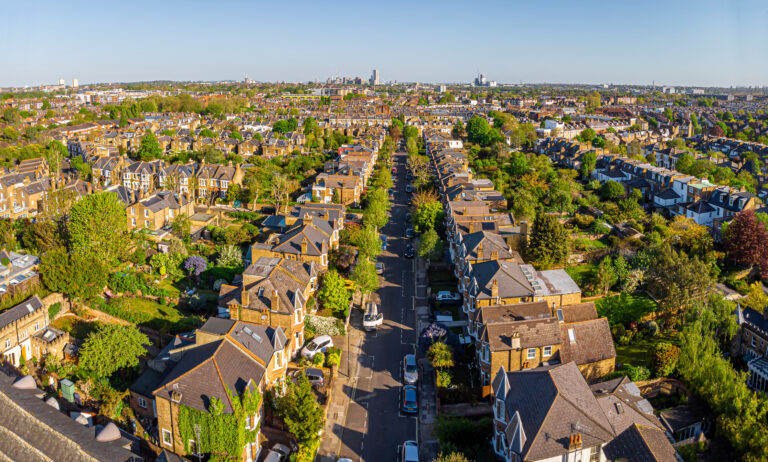By 2040, the UK government wants all new cars to be either electric or hybrid, and the switchover could have major implications for the UK housing industry.
The government’s “Road to Zero” strategy, set to be phased in over the next 20 years which will lead to a complete ban on non-electric cars being sold in the UK, is a huge step forwards in reducing emissions and promoting a cleaner, greener way of life for the country.
While there is still debate over exactly which vehicles will be affected, with recent news that petrol and diesel hybrid cars could be exempt from the new rules, as well as a target for 50% of all new cars to be ultra-low emission by 2030, it will undoubtedly have a huge effect on the country’s housing market, which will need to be ready to cater to the changes.
Best and worst places for electric cars
One study conducted recently by Motorway.co.uk has revealed that much of the country is largely unprepared for such an overhaul in terms of its property stock, with many areas having very low levels of off-street parking available – which will be a necessity after the switchover so that people are able to charge their electric cars near their homes.
[crb_image link=”https://www.buyassociationgroup.com/en-gb/advice/property-investment-starter-course/” image=”https://cdn2.hubspot.net/hubfs/1717782/Asset_Store/WebCTA/cta.jpg” align=”left”]
Of the 106 major towns and cities looked at in the study, London fared the worst with just 48.6% of homes having off-street parking, which probably comes as no surprise when considering the density of the city and the ratio of flats to houses. Dundee, Hastings, Portsmouth, Brighton, Salford, Aberdeen, Liverpool, Blackburn and Hull made up the remainder of the bottom 10 list for the lowest percentage of homes with parking.
The number one location, where 91.9% of homes had off-street parking, was Poole, followed by Solihull, Chelmsford, Sale, High Wycombe, Milton Keynes, Southport, Swindon, Wolverhampton and Crawley.
Alex Buttle, director of Motorway.co.uk, said: “The physical shape of Britain’s housing stock could put a spanner in the works of the government’s electric switchover plans.
“The big question that needs to be answered is how will most people be able to charge their vehicles at home? In some towns, the type of property stock will make it a lot easier to create a home charging infrastructure, but the challenge will be in urban areas with a high density of flats such as London, where off-street parking is limited.”
Future-proofing homes for investors, homeowners and tenants
While 2040 may seem quite far away, the housing industry does not have long to begin factoring in things like parking and electric car charge points when constructing new developments, particularly in and near city centres. New-build homes currently being developed, as well as those in the pipeline, could benefit from considering adding electric car charging points, or a space where one could be installed, to really future-proof the developments.
With the rise of Generation Rent also expected to continue, leading to a colossal rise in the number of build-to-rent developments popping up across the country, this could equally be a selling point offering added value to prospective tenants.
It could also be something for property investors to think about now when making long-term investments. Properties with on-street or off-street parking are often more desirable anyway, but if this is set to be heightened then such investments with these facilities could prove even more fruitful in the future.










